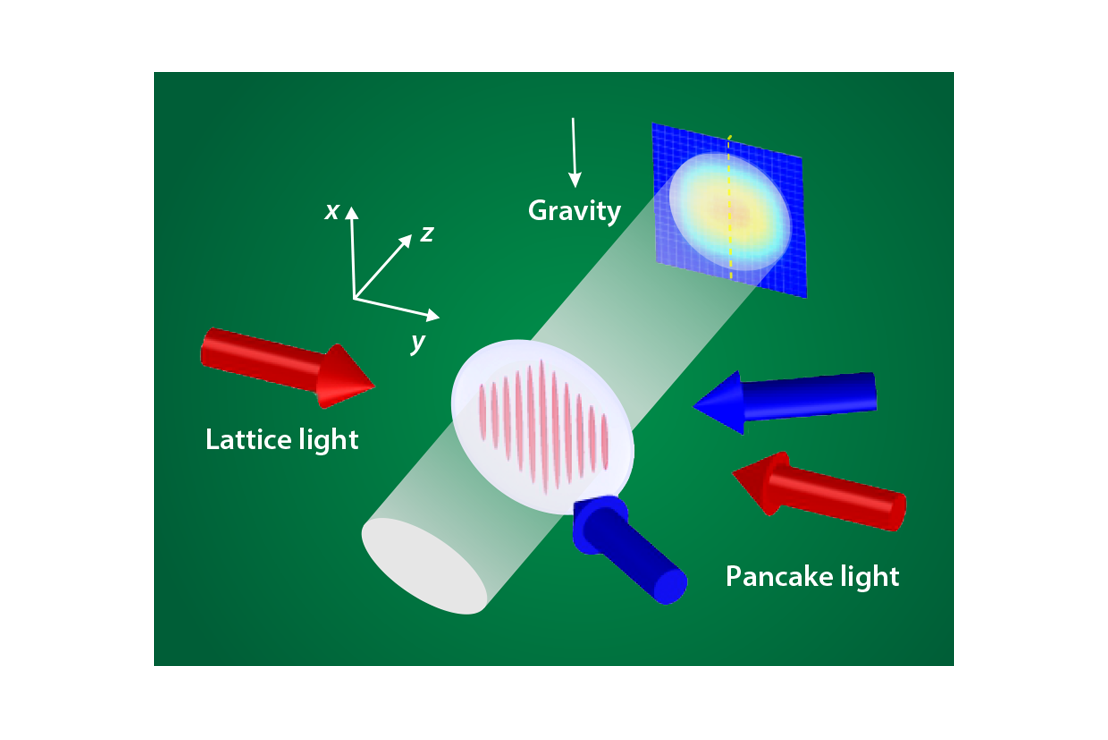
Kuantum Optiği
Kuantum optiği, foton olarak bilinen bireysel ışık kuantalarının atomlar ve moleküllerle nasıl etkileşime girdiğiyle ilgilenen atomik, moleküler ve optik fiziğin bir dalıdır. Atomik sistemlerin kuantizasyonunu ve ışığın parçacık doğasını göz önünde bulundurarak ışığın doğasını ve etkilerini inceler ve ışığın yalnızca bir elektromanyetik dalga olduğunu savunan klasik teorileri aşar.
Kuantum optiği sayesinde fotonların istatistiklerini incelemek de mümkün olup, bu analiz, fotoelektrik veya fotovoltaik etkiye dayalı doğrudan foton tespiti için aletlerin geliştirilmesine yol açmıştır.
Q-anahtar ve mod kilitleme teknikleriyle üretilen ultra kısa darbeli lazerlerin geliştirilmesi, kuantum optiğinin ultra hızlı süreçlerin incelenmesini sağlayan bir dalının yaratılmasını mümkün kılmıştır.
In quantum optics, lasers are essential tools used to control, manipulate, and measure quantum states of light and matter. The most commonly used lasers in this field include diode lasers, femtosecond lasers, frequency-stabilized lasers, and tunable lasers, each chosen for their precision, stability, and compatibility with quantum systems.
Diode lasers are frequently used for tasks like exciting atoms, cooling and trapping particles, and generating single photons. Their compact size, tunability, and narrow linewidth make them ideal for quantum communication, quantum computing, and quantum sensing setups.
Femtosecond lasers, which emit ultrashort pulses of light, are used in experiments that require precise time resolution, such as quantum coherence studies or ultrafast dynamics. These lasers are key for probing rapid quantum events and performing high-resolution time-domain measurements.
Frequency-stabilized lasers provide the high spectral purity and stability needed for quantum metrology, atomic clocks, and quantum state control. Their stable output allows for consistent interaction with quantum systems, ensuring accurate and repeatable measurements.
Tunable lasers, including dye and external-cavity diode lasers, are used when specific transition wavelengths are needed, especially for working with different atomic or ionic species. These lasers are vital for quantum simulation and precision spectroscopy.
Overall, the type of laser used in quantum optics depends on the specific quantum phenomena being investigated. Diode and frequency-stabilized lasers are common for stable and precise control, femtosecond lasers for ultrafast applications, and tunable lasers for accessing a wide range of quantum transitions.


